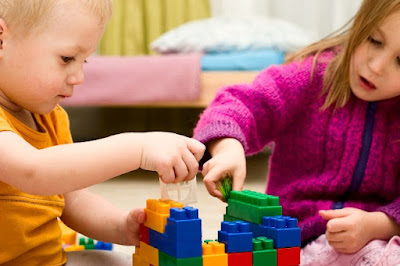Expert Pediatric Occupational Therapy in Oviedo

When we think of pediatric occupational therapy, we often imagine children receiving specialized care to help them overcome various challenges. However, what may come as a surprise to some is that pediatric therapies can be incredibly beneficial for adults as well. This comprehensive approach to therapy knows no age boundaries, making it a versatile and highly effective solution for a wide range of patients. In Oviedo, Florida, the importance of pediatric occupational therapy has been recognized as an invaluable resource for both children and adults. It's not just about Pediatric Occupational Therapy in Oviedo; it's about Pediatric Therapies for Adult too. Let's dive into the world of pediatric occupational therapy, the significance of this therapy in Oviedo, and how it extends its benefits to adult patients. The All-Age Versatility of Pediatric Occupational Therapy Pediatric occupational therapy is designed to address the unique needs and challenges of children. It focuse...


